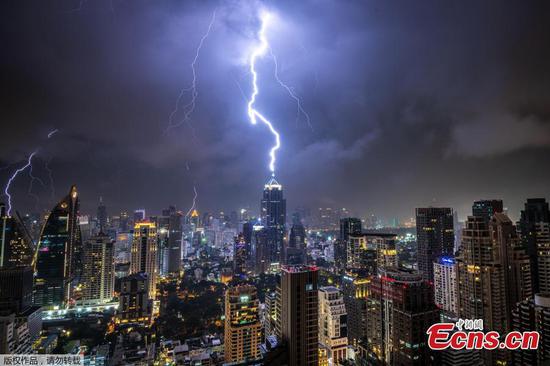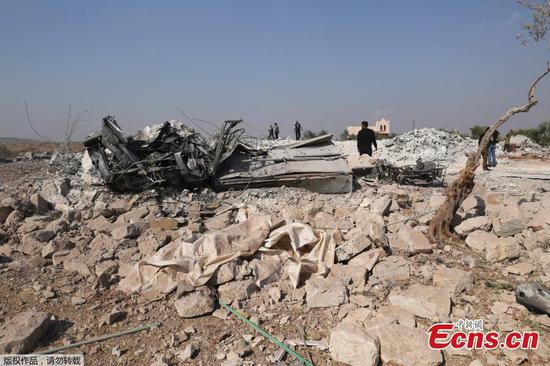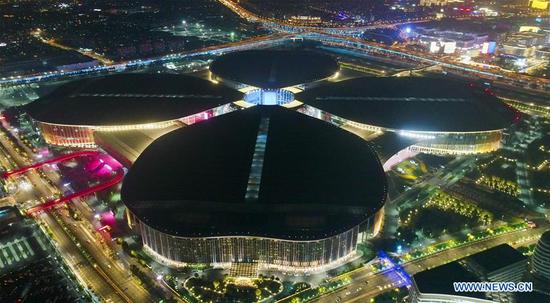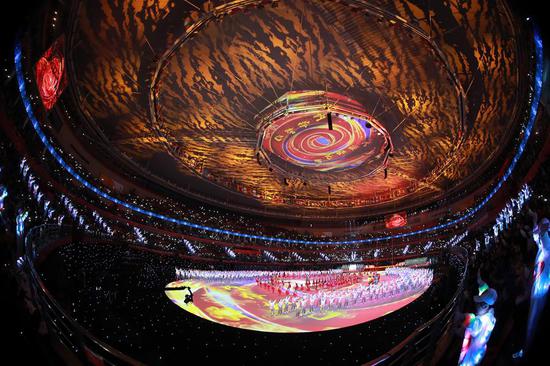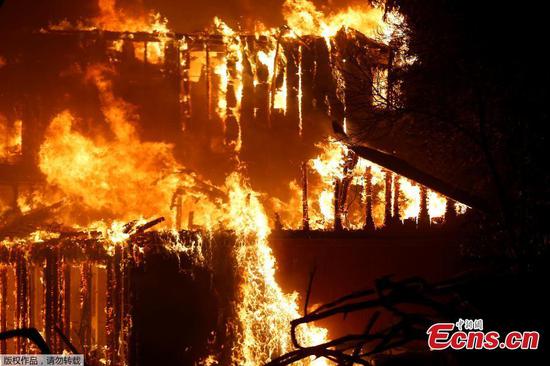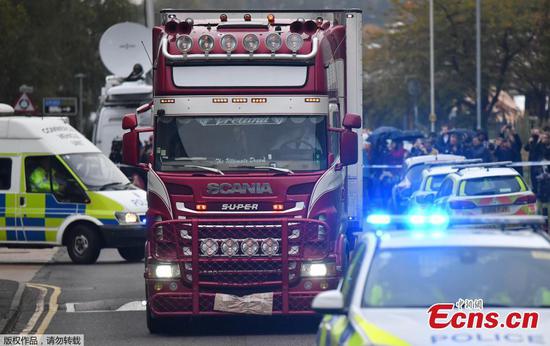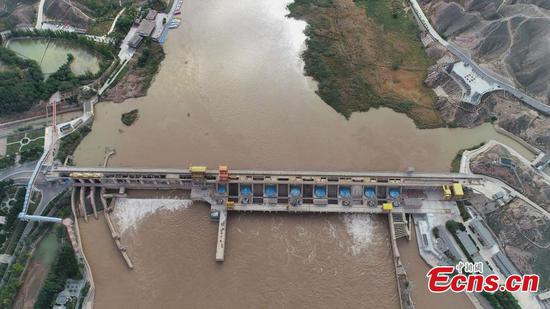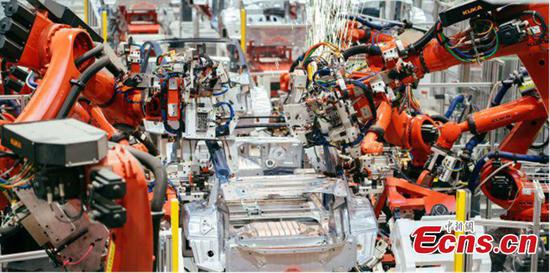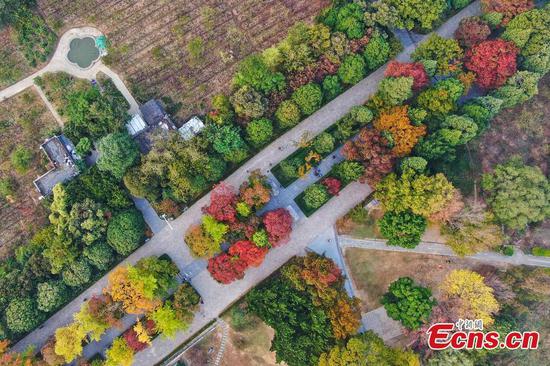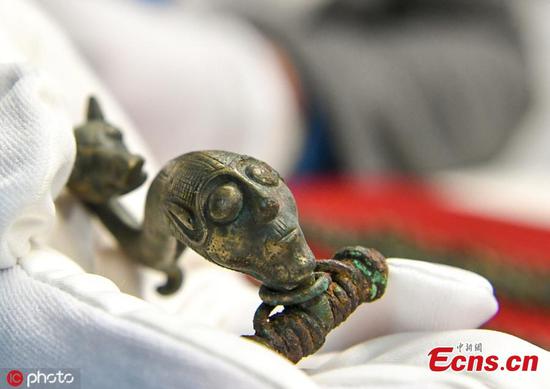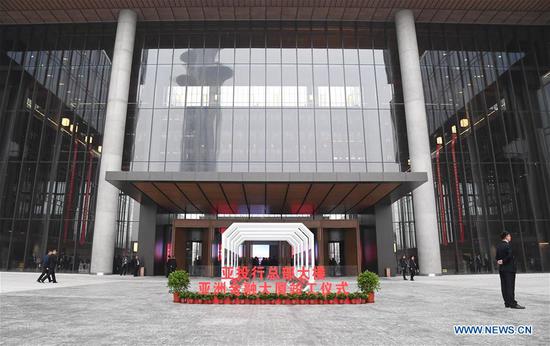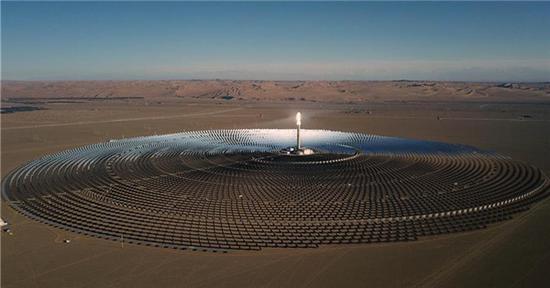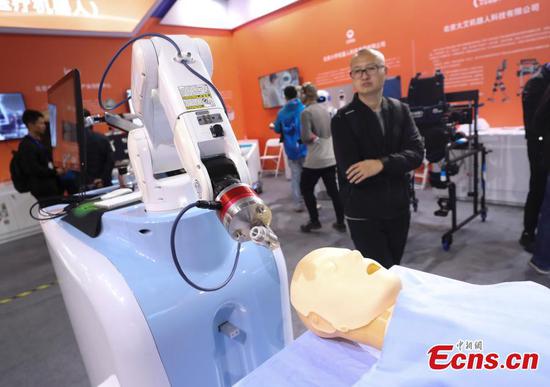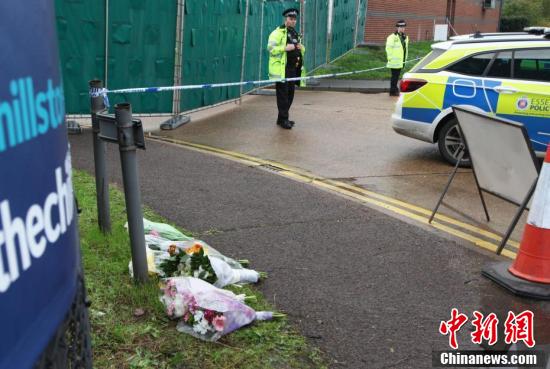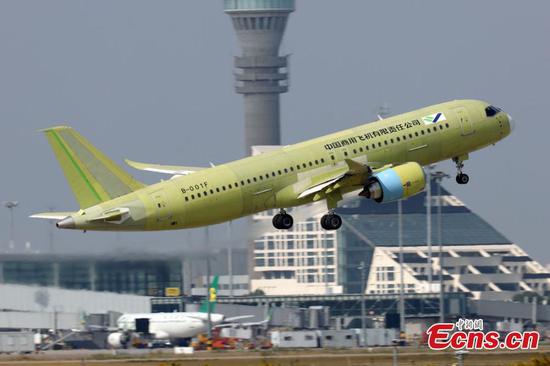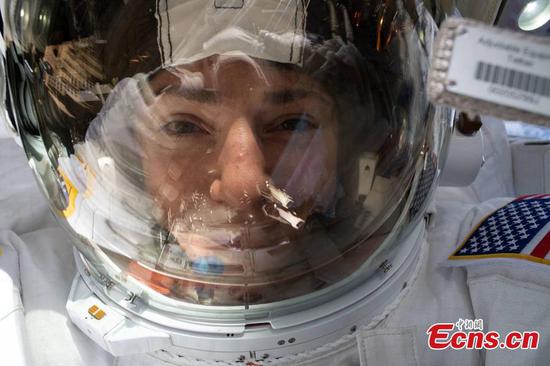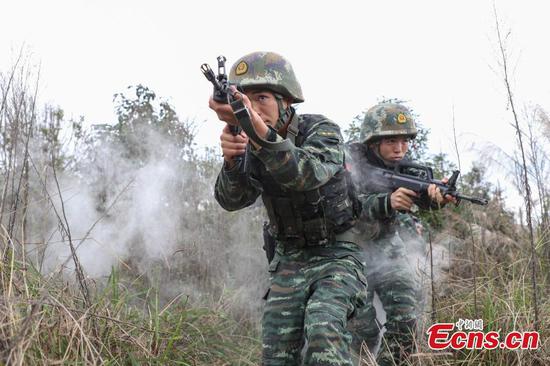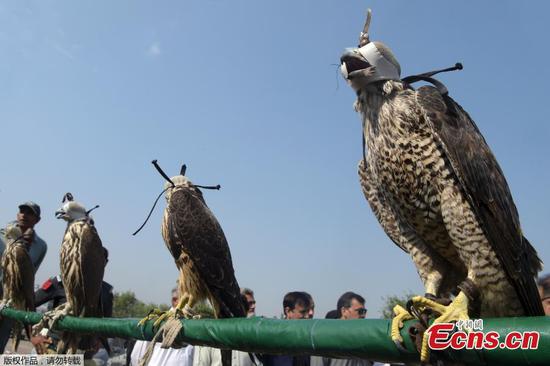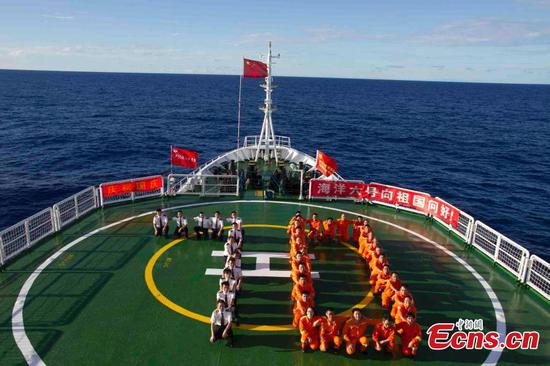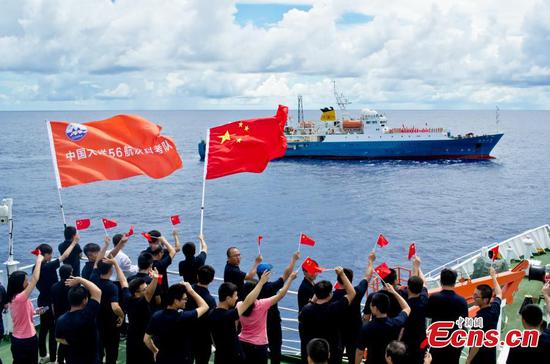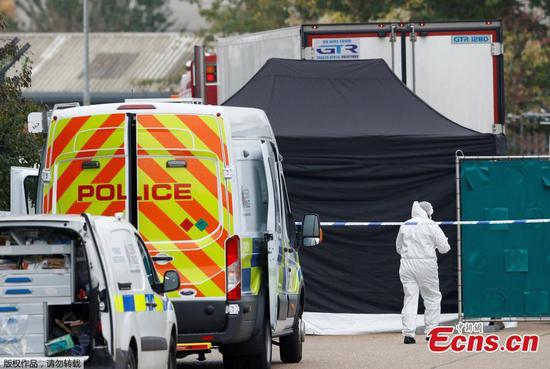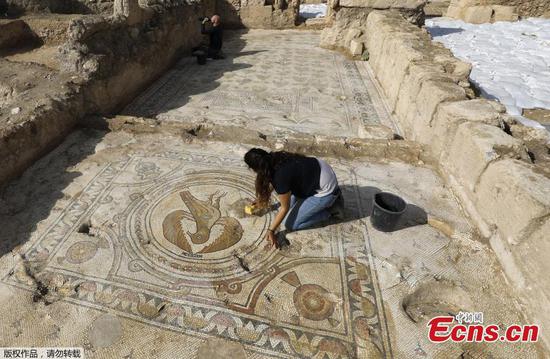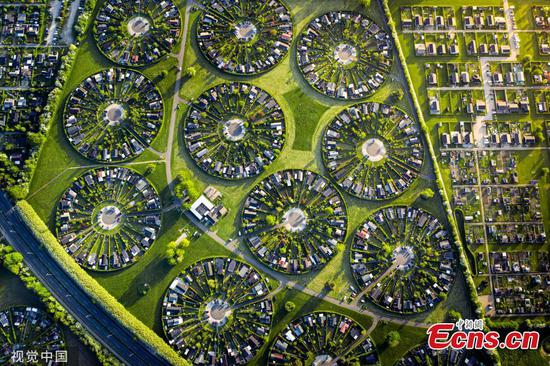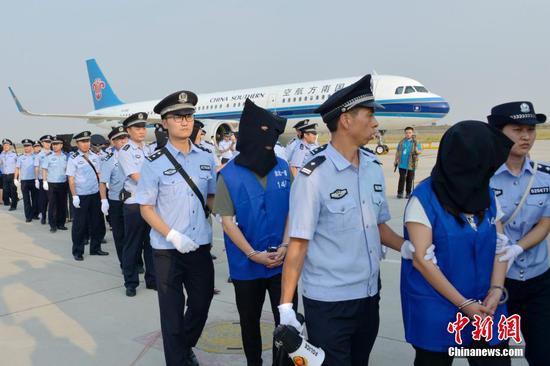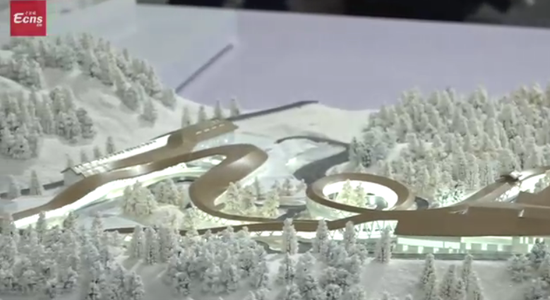The 19th Communist Party of China Central Committee, the leading body of the Party, will meet in plenary session next week in Beijing for the fourth time since it was elected in October 2017.
The session, scheduled from Monday to Thursday as decided by the CPC Central Committee Political Bureau on Thursday, will not only discuss how to improve the socialist system with Chinese characteristics but also draw a blueprint for the modernization of the country's governance capacity, according to analysts.
"To discuss such a topic at this time is helpful to further stimulate the strong vitality and advantages of the system amid risks and challenges, when China's development is and will be in an important period of strategic opportunities for a long time," said Wang Feng, a scholar of Party history and theory at Beijing Normal University.
Mu Ani, a scholar at the School of Marxism Studies of the University of Science and Technology Beijing, said that as China's reform deepens, it's time for the Party to summarize the experience and improve its system so as to better employ the advantages of the system.
As at other plenary sessions of the CPC Central Committee, members will also hear a work report of the Political Bureau of the CPC Central Committee since the previous plenary meeting in February 2018.
Plenary sessions
The plenary sessions refer to a meeting system for the CPC Central Committee to make significant decisions for the direction of the Party and the country, which is a key step in realizing the ambitious blueprint drawn up by the CPC National Congress.
The National Congress of the CPC, which serves a five-year term, elects its central committee, which serves as the highest authority of the Party when its national congress is not in session.
The central committee convenes at least one plenary session each year, as stated in the Party Constitution. Since the 14th CPC National Congress in 1992, each committee has held seven sessions during its five-year term.
The first two sessions usually focus more on personnel. The first plenum begins soon after the Party's national congress finishes its session in the fall and it elects a new Party leadership, including the general secretary of the Central Committee and the Political Bureau.
For example, the 19th National Congress of the CPC closed on Oct 24, 2017. A total of 2,336 delegates elected the 19th CPC Central Committee, with 204 members and 172 alternate members, according to Xinhua News Agency.
The Central Committee held its first plenary session on Oct 25, at which time the new Political Bureau and the Standing Committee of the Political Bureau were elected. Xi Jinping was also elected general secretary of the CPC Central Committee for a second term at the session.
Conventionally, the second plenum usually opens during the following spring and discusses a list of candidates for State leadership positions. The candidates are submitted to the National People's Congress, the country's top legislature, for voting.
The last plenary session is to prepare for the next National Congress of the CPC. Its main topics include summarizing the achievements and problems in the past five years, and building consensus for convening of the next national congress.
Wang, with Beijing Normal University, said the sessions in between usually focus on the changing situation and tasks the Party is facing, including Party-building and economic, political, social and environmental development.
"The major strategic layout for the development of the Party and the country will be discussed starting with the third session, and those topics will be presented in a progressive way, embodying the overall spirit and goals set by the National Congress of the CPC Central Committee," said Mu, of the University of Science and Technology Beijing.
Many significant arrangements involving turning points in the country's development have been made at third plenary sessions. For example, the Third Plenary Session of the 11th CPC Central Committee in 1978 unveiled the country's plan for reform and opening-up.
Fourth plenary sessions, normally a year after the third, serve as a link between sessions, usually carrying out the decisions made at the third sessions and discussing mechanisms to help achieve the goals of the five-year term, analysts said.
Fourth sessions' focus
Topics of the past three fourth plenary sessions focused on building the Party's governance capacity, anti-corruption issues within the Party and the development of the rule of law.
Wang said that since the 18th National Congress in 2012, the CPC Central Committee has shown an increasingly clear trend of standardization and institutionalization in the setting of topics at plenary sessions, which can be seen in the close relationship between the third and the fourth sessions.









